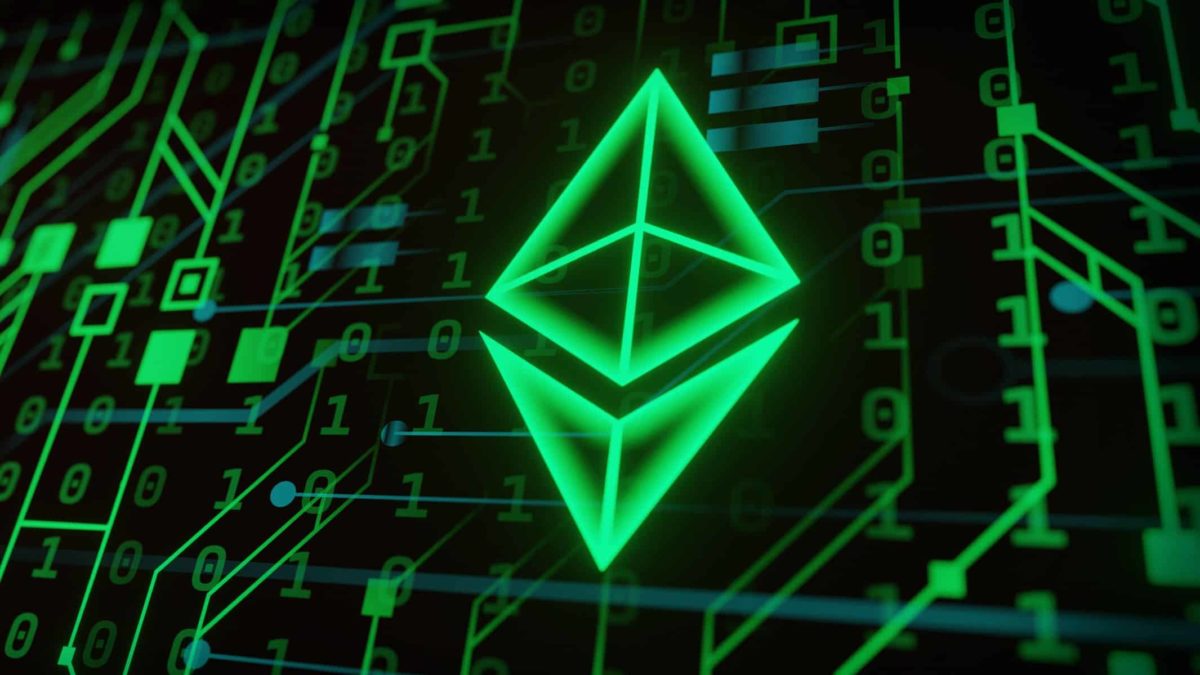This article was originally published on Fool.com. All figures quoted in US dollars unless otherwise stated.
This week saw the launch of Aptos, which had long been hyped as the ultimate Ethereum (CRYPTO: ETH) challenger. But everything that could go wrong did go wrong for Aptos. The token fell nearly 50% in its first 24 hours of trading. The team promised 100,000 transactions per second, but missed that in stunning fashion. Aptos immediately became the top trending coin on CoinMarketCap, but for all the wrong reasons.
If you're an Ethereum investor, of course, this is all remarkably good news. There has been a long line of so-called "Ethereum-killers," and Ethereum has repelled each one of them. Aptos was the one that everyone thought had a decent chance of actually replacing Ethereum as the top Layer 1 blockchain network. It might still be too early to dismiss Aptos, but it looks like Ethereum now stands as the undisputed Layer 1 blockchain leader.
What went wrong with Aptos?
There were many reasons people had such strong hopes for Aptos. For one, Aptos has a blue-chip developer team. Many of the Aptos developers came from the Facebook unit at Meta (NASDAQ: META), and had experience with Facebook's much-hyped cryptocurrency project known as Diem. Remember 2019, when Mark Zuckerberg was promoting a crypto token called Libra that some experts said could eventually replace the U.S. dollar? Members of the Aptos team were part of that. As a result, some people referred to the Aptos team as the "Silicon Valley wunderkinds."
By all initial indications, Aptos seemed to have superior technology to Ethereum. Right out of the box, Aptos promised 100,000 transactions per second. That's blindingly fast, and certainly faster than current Ethereum speeds (25 transactions per second). But when the crypto token started trading, it was only hitting four transactions per second. Yikes!
And, finally, Aptos completely bungled the tokenomics of its launch. This is what most likely led to the crypto token falling sharply in its first 24 hours of trading. Tokenomics refers to factors such as the initial supply of the token, as well as how the token can be created ("minted") or removed from circulation ("burned") in the future. It also refers to how the token is initially distributed.
At the time of launch, it looked like an overwhelming majority of the tokens were being distributed to Aptos insiders, and that concerned people. Moreover, Aptos did not release the exact details of its tokenomics until just 24 hours before it began trading, which some saw as a potential red flag.
Ethereum is still the undisputed market leader
If you take a 30,000-foot view of the Layer 1 blockchain market, it now appears that Ethereum clearly stands alone at the top. Older Layer 1 blockchain rivals, such as Cardano (CRYPTO: ADA), still have not caught up to Ethereum in terms of functionality and overall market power.
Newer Layer 1 blockchain rivals, such as Solana (CRYPTO: SOL), Avalanche (CRYPTO: AVAX), and Fantom (CRYPTO: FTM), are all down more than 80% for the year, and are facing serious questions about their long-term viability. Meanwhile, even some of the lesser-known Layer 1 challengers such as Algorand (CRYPTO: ALGO) and NEAR Protocol (CRYPTO: NEAR) are so new that the jury is still out on them.
Thus, if you believe in crypto's long-term viability, Ethereum seems to be the obvious long-term play. This is what the crypto market seems to be signaling. Yes, Ethereum is down 65% for the year, but that's still far less than Cardano (75%), Solana (85%), Avalanche (87%), or Fantom (92%). All cryptos have been punished this year, but Ethereum seems to be doing better than others on a relative basis.
Ethereum is a long-term buy
If you are an optimist, there are no more Layer 1 challengers left for Ethereum. It won. And it's hard to see any more Layer 1 challengers emerging for Ethereum over the next 12 months. Maybe there is a blind spot on my investment radar, but it looks like Aptos was the last viable challenger. Investors who got burned backing Aptos are going to think twice before sinking their money into a similar type of blockchain project.
If you are looking for a solid "buy now and hold forever" crypto, it's Ethereum.
This article was originally published on Fool.com. All figures quoted in US dollars unless otherwise stated.









